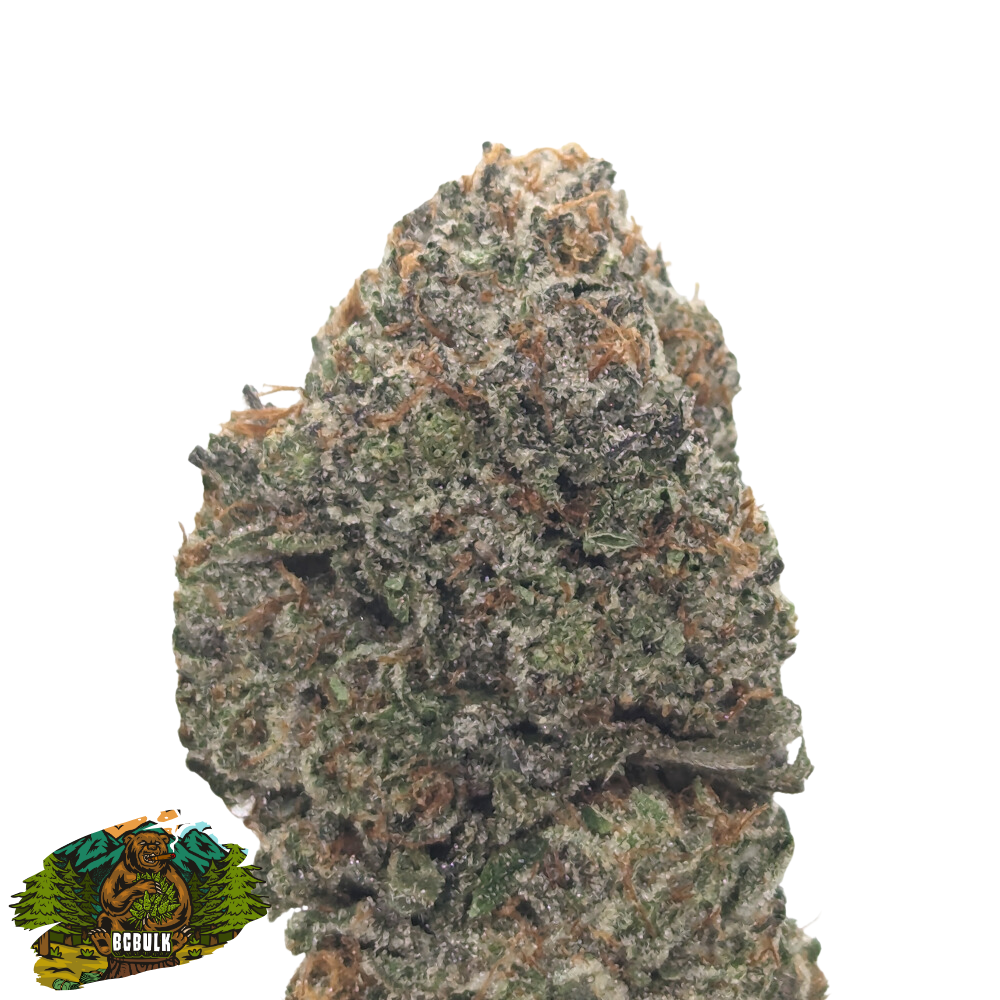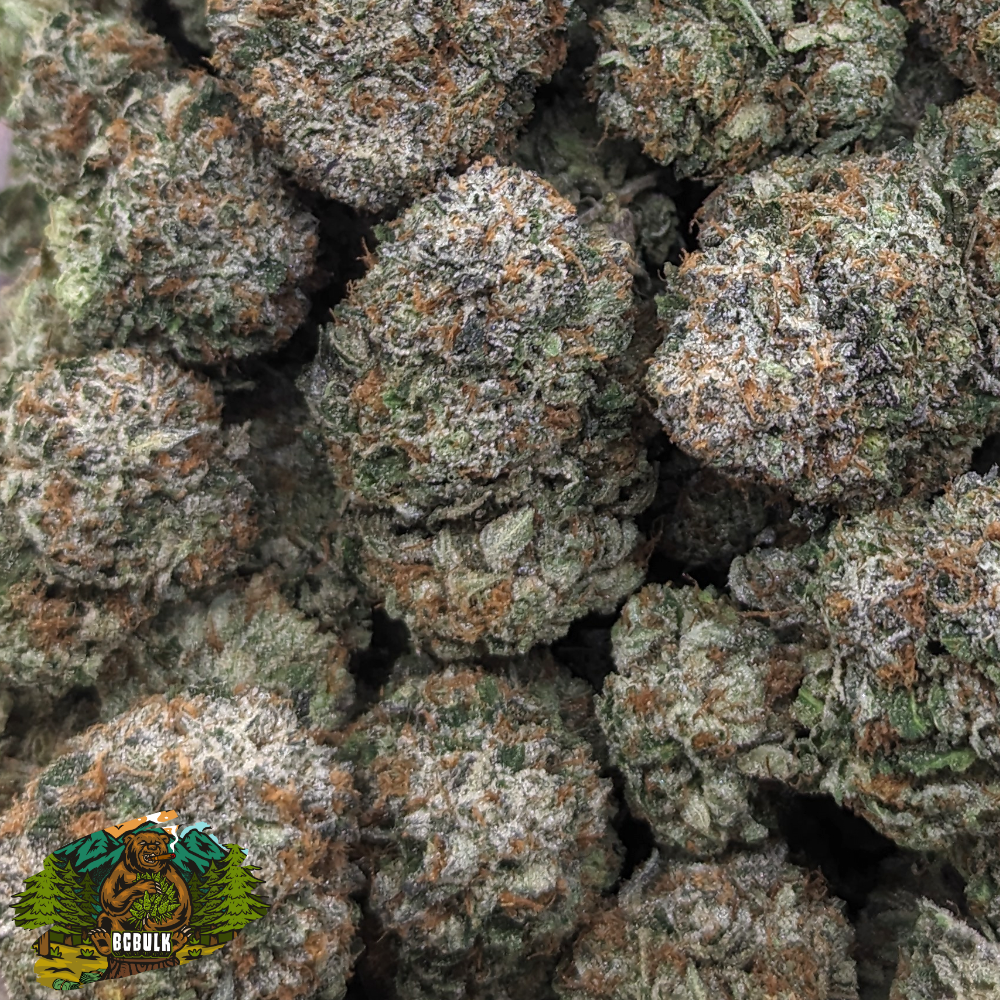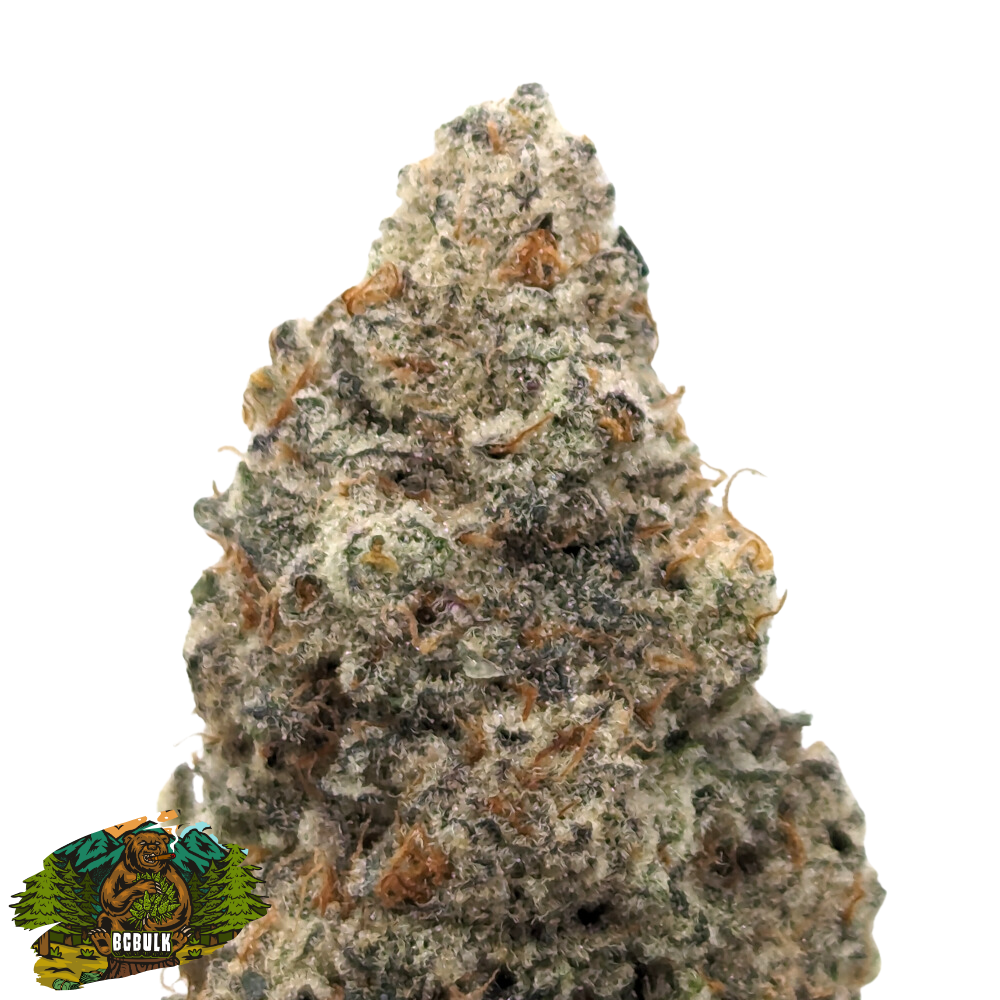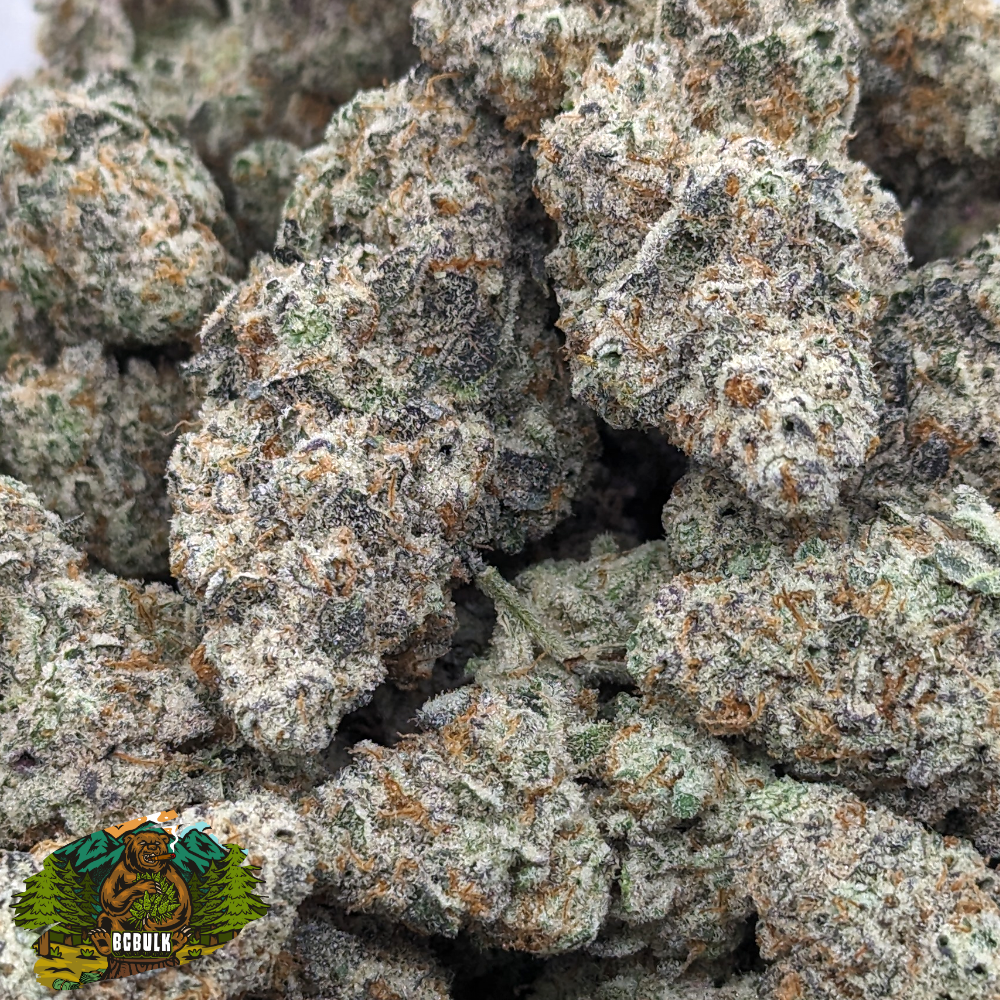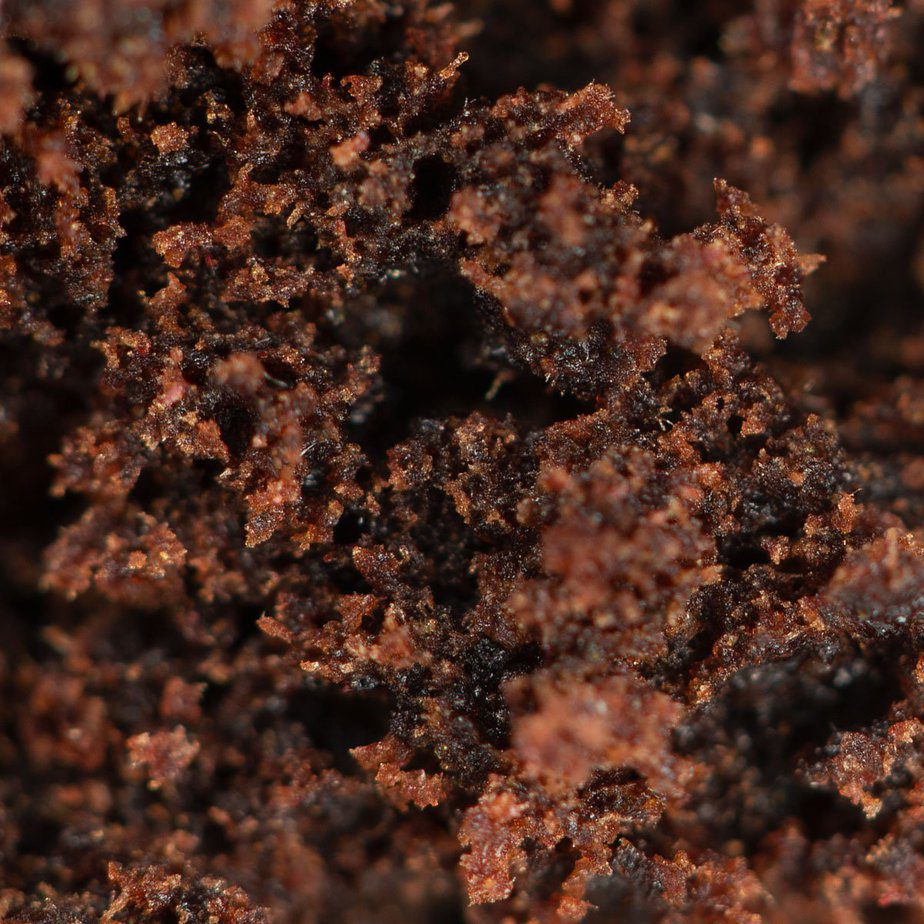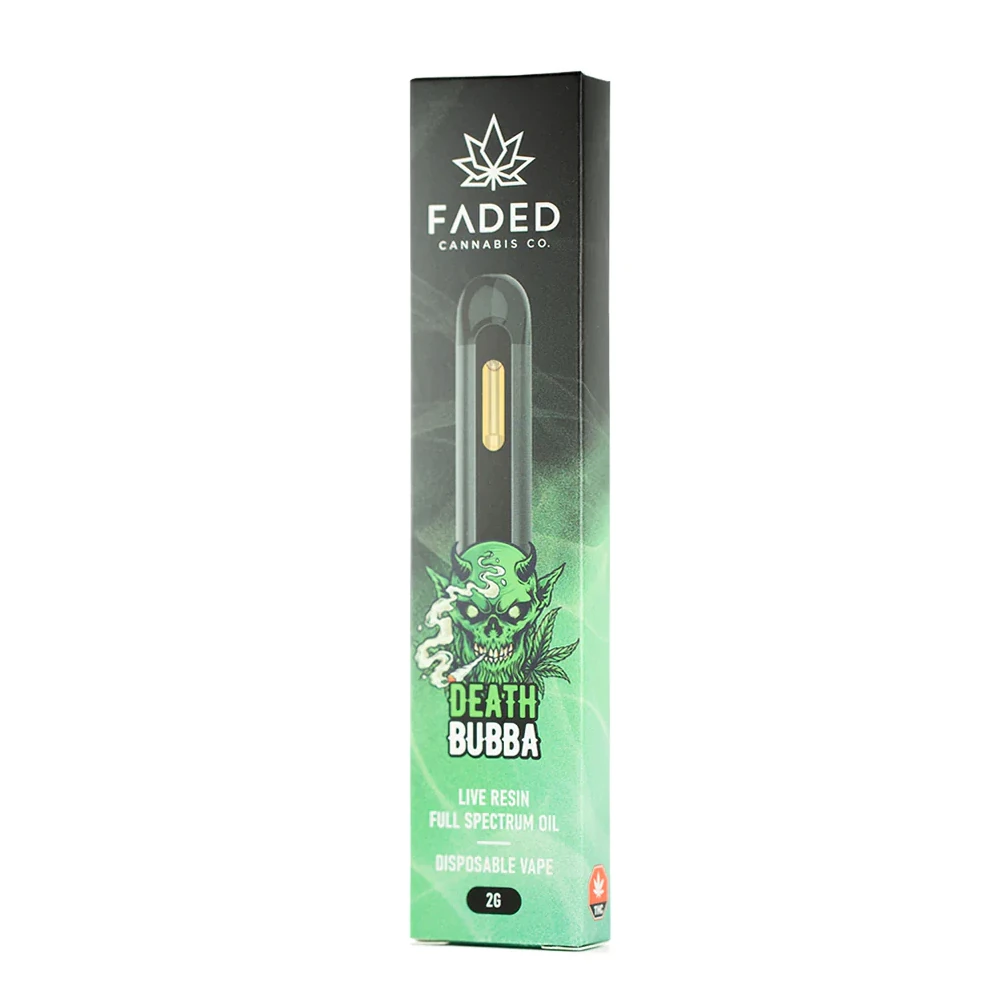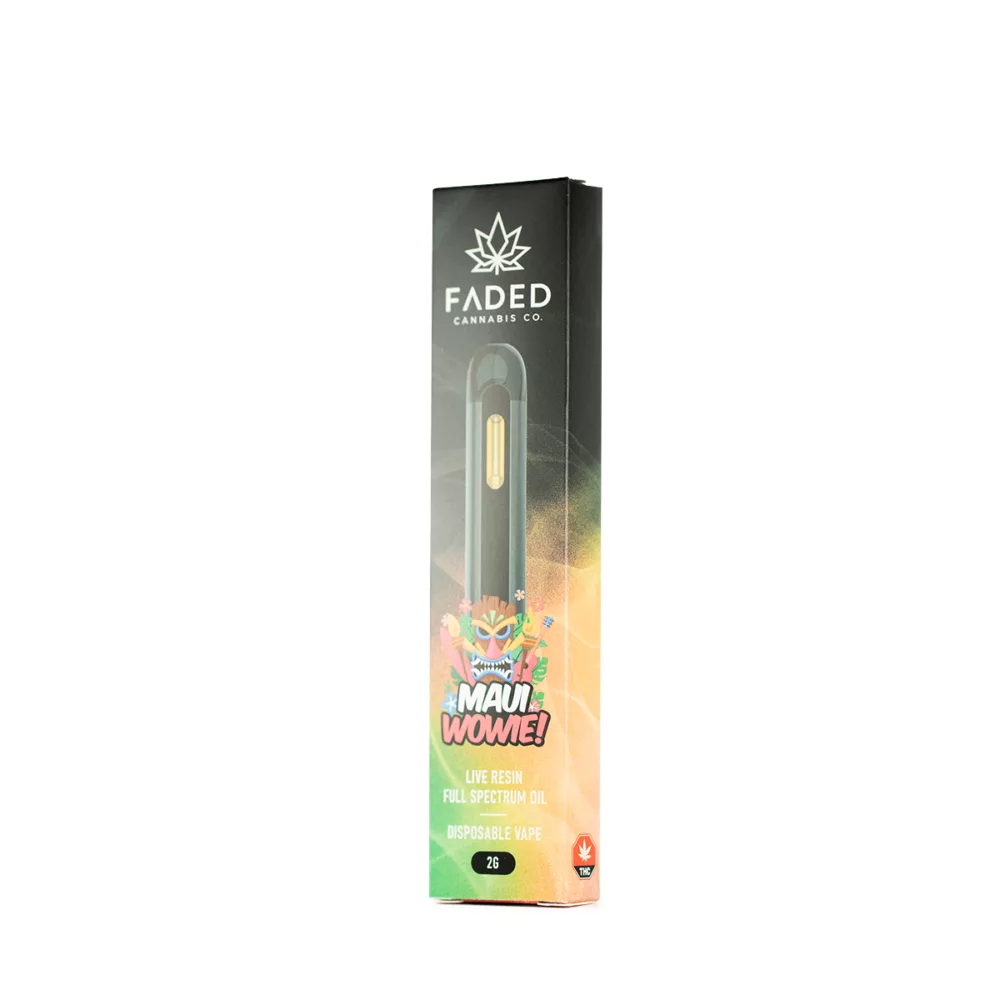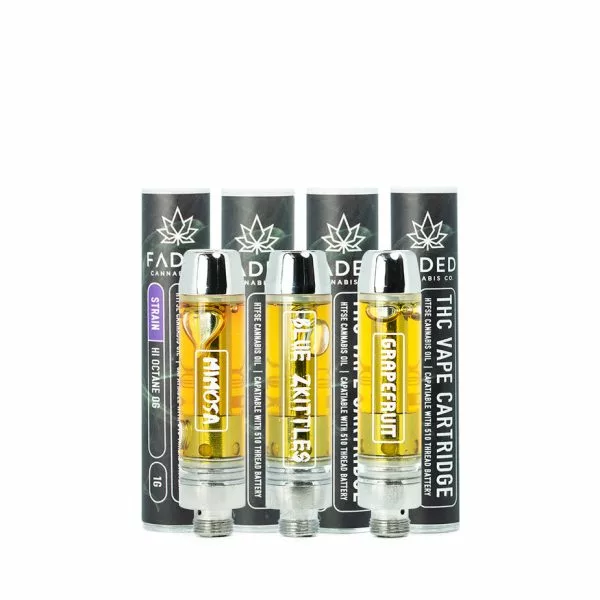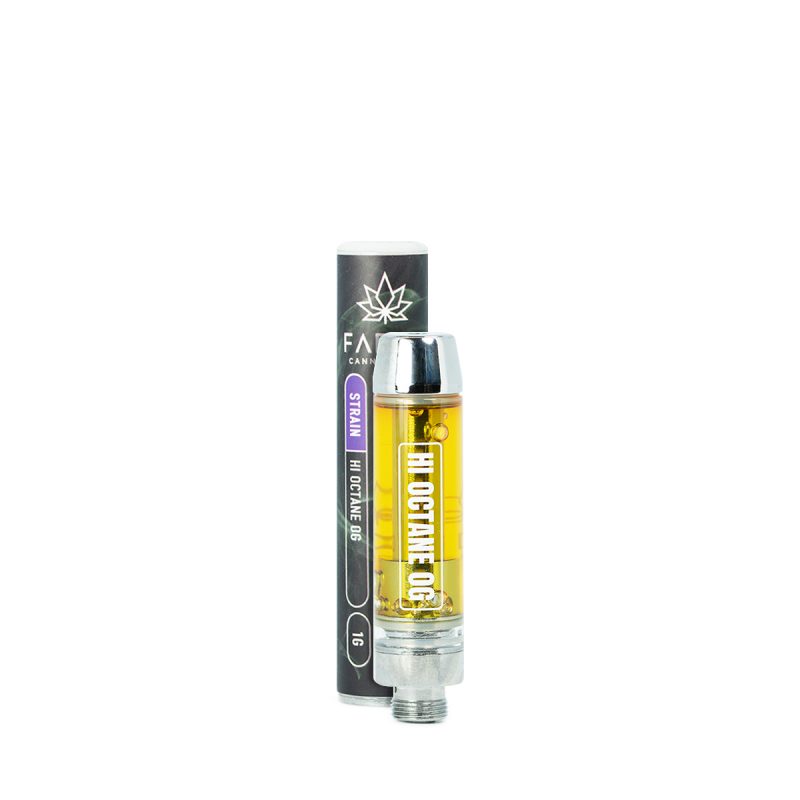| Tier | Subtotal | Items |
|---|---|---|
| 1 | $199-300 | 1 Item |
| 2 | $300+ | 1 Premium Item |
Cannabis Basics
How to Sober Up from Weed: Quick and Effective Strategies
When individuals consume cannabis, THC binds to receptors in the brain, which may alter mood, perception, and various other cognitive functions. Overindulgence can sometimes lead to discomfort or a state of being more intoxicated than one might prefer, prompting a search for strategies to sober up more quickly. Although the body naturally metabolizes THC over time, several methods are suggested to help mitigate the intoxicating effects of cannabis.

Hydration is often recommended, as it can help alleviate symptoms such as dry mouth and dehydration, which can accompany cannabis use. Additionally, engaging in physical activity may increase metabolic rates, potentially accelerating the breakdown of THC. Resting in a calm environment can also assist the body in returning to a state of normalcy, as it allows the individual to focus on recovering without the influence of external stressors. It’s important to note that these methods vary in effectiveness from person to person due to individual differences in metabolism, tolerance levels, and the amount of cannabis consumed.
Understanding the Effects of Weed

Weed, commonly known as cannabis or marijuana, comprises various chemical compounds called cannabinoids. THC (tetrahydrocannabinol) is the primary psychoactive component responsible for the ‘high’ feeling. The duration and intensity of these effects can vary based on factors such as:
- Individual tolerance
- The method of consumption
- THC concentration
When a person consumes weed, they may experience:
| Physical Effects | Cognitive Effects |
|---|---|
| Increased heart rate | Altered perception of time |
| Dry mouth | Enhanced sensory perception |
| Red eyes | Memory impairment |
| Relaxation of muscles | Difficulty with complex tasks |
Individuals may also feel a sense of euphoria and relaxation. However, some may encounter anxiety, paranoia, or panic, particularly with high doses or when they are unaccustomed to the drug’s effects.
The body metabolizes THC through the liver, and it can stay in the system for days to weeks, depending on the frequency of use and the user’s metabolism. Unlike alcohol, there is no quick way to ‘sober up’ from weed, and the process largely depends on time for the body to naturally metabolize and eliminate the cannabinoid. As for CBD (cannabidiol), another prominent cannabinoid, it is non-psychoactive and does not cause a high, but it can influence the experience by modulating the effects of THC.
Immediate Steps to Reduce Intoxication
The following subsections provide actionable advice on reducing intoxication from cannabis. They target both physiological and psychological aspects of sobriety.
Stay Hydrated
Keeping oneself hydrated is a fundamental step in mitigating the effects of weed. Water can help to:
- Flush out toxins: It accelerates the elimination of cannabis metabolites from the system.
- Alleviate dry mouth: Often referred to as “cottonmouth,” drinking water can relieve this discomfort.
Consume Food
Eating can help to:
- Stabilize blood sugar levels: This might reduce feelings of dizziness or lightheadedness.
- Slow the absorption: Fatty foods especially can slow the absorption of THC (the primary psychoactive component in cannabis) into the bloodstream.
Rest and Relaxation
One should:
- Rest: Taking a moment to sit or lie down can help counteract feelings of dizziness or nausea.
- Engage in a calming activity: Simple activities like deep breathing or listening to soothing music can distract the mind and promote relaxation.
Engaging in Physical Activity
Engaging in physical activity can facilitate the body’s metabolism and help clear the mind. When someone has consumed weed and is looking to reduce its effects, mild to moderate exercise may aid the sobering process.
Types of Physical Activities Suitable for Sobriety:
- Walking: A brisk walk can increase blood flow and help enhance alertness.
- Jogging: Gently increases the heart rate and speeds up metabolism.
- Yoga: Combines physical movement with deep breathing, which may promote relaxation and mental clarity.
- Stretching: Helps in relieving muscle tension and increases circulation.
Guidelines for Engaging in Physical Activity:
- Stay Hydrated: Drink plenty of water before, during, and after exercising.
- Listen to Your Body: Don’t overexert; stick to comfortable intensity levels.
- Safety First: Exercise in a safe environment and consider having a sober buddy accompany you.
- Rest: Allow for periods of rest, as the body needs time to recover.
It’s important to remember that exercise should be done in moderation. Overdoing it may lead to fatigue or increased dehydration, which can worsen the feeling of being unwell. Those seeking to sober up should opt for familiar and safe exercises, avoiding high-risk or high-intensity activities that could lead to injury.
Long-Term Strategies for Managing Intoxication

Maintaining sobriety from marijuana involves a mindset focused on moderation and self-awareness. These strategies help individuals avoid overindulgence and its associated adverse effects.
Know Your Limits
Recognizing personal thresholds for cannabis intake is crucial. One can establish limits by:
- Tracking consumption: Keep a log of marijuana usage, noting amounts and responses.
- Setting boundaries: Decide on strict limits for daily or weekly consumption and adhere to them.
Choose Strains Wisely
Selecting the right strain is pivotal to managing intoxication. Consider the following:
- THC/CBD ratios: Opt for strains with higher CBD to THC ratios for milder effects.
- Potency awareness: Be mindful of the potency of various strains and choose lower intensity options when necessary.
Consider Professional Help
For persistent challenges with marijuana use, professional guidance is recommended. This could include:
- Counseling services: Engage with therapists specializing in substance use.
- Support groups: Join communities that offer peer support for managing usage habits.
When to Seek Medical Attention
Individuals should consider medical attention if they experience the following symptoms after consuming cannabis:
- Persistent Vomiting: Persistent or severe vomiting requires a healthcare professional’s evaluation to prevent dehydration and address potential cannabinoid hyperemesis syndrome.
- Chest Pain: Any chest pain, especially when accompanied by difficulty breathing, could indicate a cardiovascular issue that needs immediate attention.
- Severe Anxiety or Panic: If anxiety or panic becomes overwhelming and does not dissipate with usual calming techniques, medical support may be necessary.
- Uncontrollable Behavior: If someone is unable to control their actions or becomes a danger to themselves or others, seek emergency services.
- Unconsciousness: If an individual is unresponsive and cannot be awakened, call for emergency medical help.
Inability to stay awake or responsive, severe hallucinations, symptoms of a psychotic episode, or severe disorientation are also serious and warrant medical evaluation. If uncertain, it’s better to err on the side of caution and contact a healthcare provider or emergency services.
| Symptom | Action Required |
|---|---|
| Persistent Vomiting | Seek medical attention |
| Chest Pain | Call emergency services |
| Severe Anxiety/Panic | Consider medical support |
| Uncontrollable Behavior | Contact emergency services |
| Unconsciousness | Immediate medical help |
Note: The presence of any of these symptoms can be a sign of a serious health issue and should not be ignored. They should contact their local emergency number or poison control center immediately for guidance based on their symptoms.
Frequently Asked Questions
This section addresses common inquiries about mitigating the effects of cannabis and strategies to sober up effectively.
What are effective methods for reducing the effects of cannabis?
People can reduce the effects of cannabis by staying hydrated, consuming food, and getting fresh air. Rest is also beneficial as it allows the body time to metabolize THC.
Can drinking water help alleviate the high from marijuana?
Drinking water can aid in hydration and possibly comfort, but it does not directly reduce THC levels in the system. It can, however, help alleviate symptoms of dry mouth and dehydration associated with cannabis use.
Are there any foods or drinks that can counteract the feeling of being high?
No specific foods or drinks can fully counteract the feeling of being high, but consuming products high in CBD might help modulate the psychoactive effects of THC. Light snacks can also help some individuals feel more grounded.
How long does it typically take for the effects of marijuana to wear off?
The duration of marijuana’s effects can vary based on factors like potency, dosage, and individual tolerance. Generally, the high from smoking or vaporizing may last 2 to 3 hours, while edibles can last much longer, up to 8 hours or more.
What are some safe ways to speed up the process of sobering up from THC?
While time is the most reliable method for sobering up from THC, engaging in calming activities such as taking a shower, consuming caffeine, or using CBD products may help an individual feel more alert and lessen some effects of cannabis.
Does physical activity influence how quickly someone can sober up from cannabis?
Physical activity can boost metabolism, potentially aiding in the breakdown of THC, though it is not a guaranteed method to sober up quickly. It may also distract from the feeling of being high by releasing endorphins.
